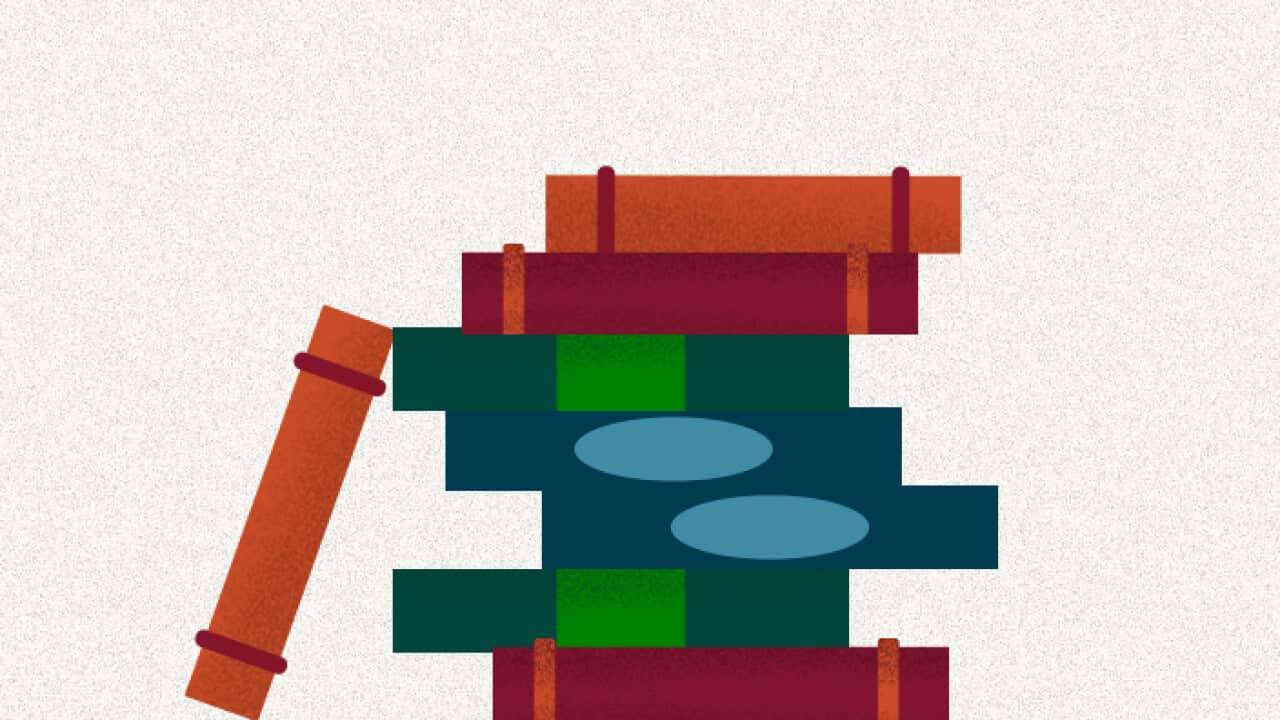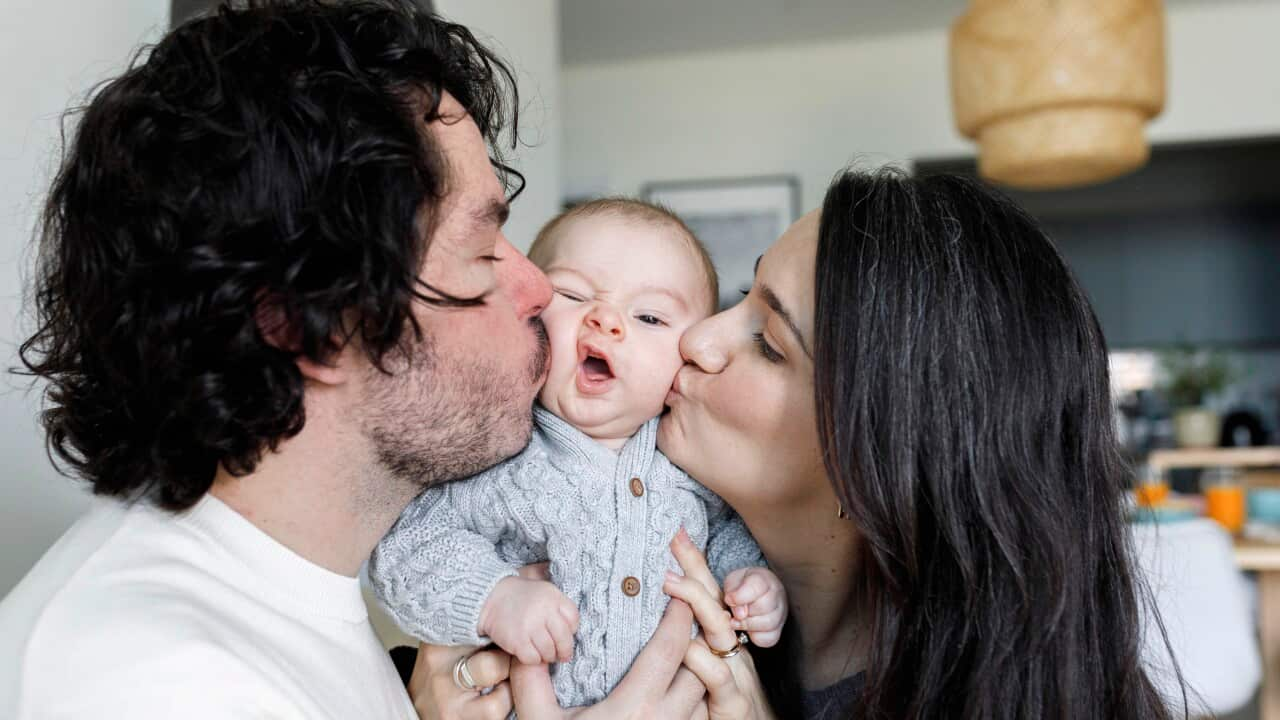Take it easy — you’ve probably heard people say it. Literally, it sounds like you’re going to take something gently in your hands.
We often use it to tell someone to relax or calm down, particularly if they look stressed.
So, for example, if someone is upset because they can’t find their keys, you could say:
- Take it easy. I’m sure we’ll find them. I’ll help you look for them.
Or if someone is angry because their work colleague has forgotten to do something you could say,
- Take it easy. I’m sure they’ll do it tomorrow.
It can have the added meaning of ‘don’t work too hard’, especially if someone is doing too much or has been ill. For example, if your friend is rushing to finish a job, you could say:
- Take it easy! There’s no rush.
Or let’s say your colleague has had a very hard week, as she is leaving the office on a Friday afternoon, you might say:
- Take it easy this weekend. You deserve it!
Or if someone is recovering from an illness:
- Take it easy for the next few days and get some rest.
It can also be a friendly way of saying goodbye when someone is leaving.
- See you tomorrow. Take it easy!
Sometimes it just means to do not very much:
- My dog takes it easy all day—just sleeps in the sun.
Remember, learning English doesn’t have to be stressful. Take it easy—one phrase at a time.
Explore the entire series Words we use by clicking here to listen!
Credits:
Host: Shannon Williams
Written by: Josipa Kosanovic
Graphic design: Dorry Wang
Educational consultant: Professor Lynda Yates
Produced by: Josipa Kosanovic












